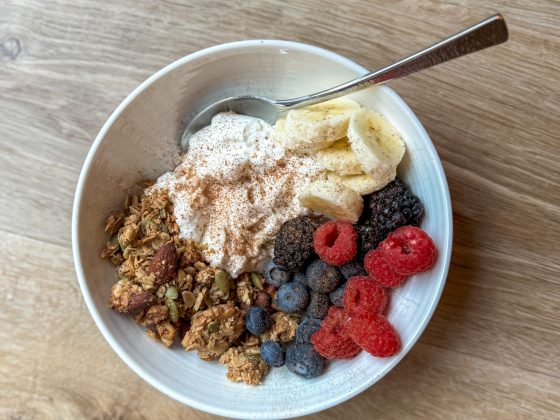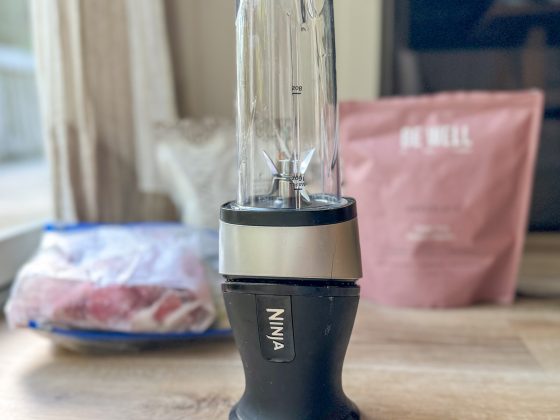When you think of addiction, what comes to mind? Alcohol? Cocaine? Heroin? All three would be considered addictive substances, but what if I was to tell you they have a lot in common with sugar and wheat?
Research in laboratory rats has shown that sugar could potentially be more addictive than cocaine. The animals tend to prefer sweetness reward to other addictive substances, and they even experience withdraw symptoms when the sugar is removed. And wheat, just like heroin, is what’s called an opiate.
Opiates block pain signals and produce feelings of euphoria when they bind to certain receptors in our brain. When we consume wheat (and don’t forget the building blocks of wheat are sugars), it enters the stomach, is exposed to pepsin and Hydrochloric acid, which breaks down the wheat into polypeptides. These polypeptides are able to cross the blood-brain barrier, and once they are inside the brain, they bind to opiate receptors, the same ones that cocaine, heroine, and morphine bind to. That is why we get the pleasure and relief. This is why as a society, we love these foods so much.
When someone struggles with emotional or binge eating, it is rarely fruits, vegetables, or sources of protein that one over consumes. Refined carbohydrates often contain both sugar and wheat, and therefore trigger intense reward signals in the brain. Not only does this create an immediate (yet fleeting) sense of “relief,” but the brain remembers this feeling later as something that helped ward off the negative emotion. As a result, the behavior is likely to be repeated. It’s biochemistry, and these signals are very strong
Understanding the science (as explained above) and having consciousness around eating these foods can help create healthier habits around them.










